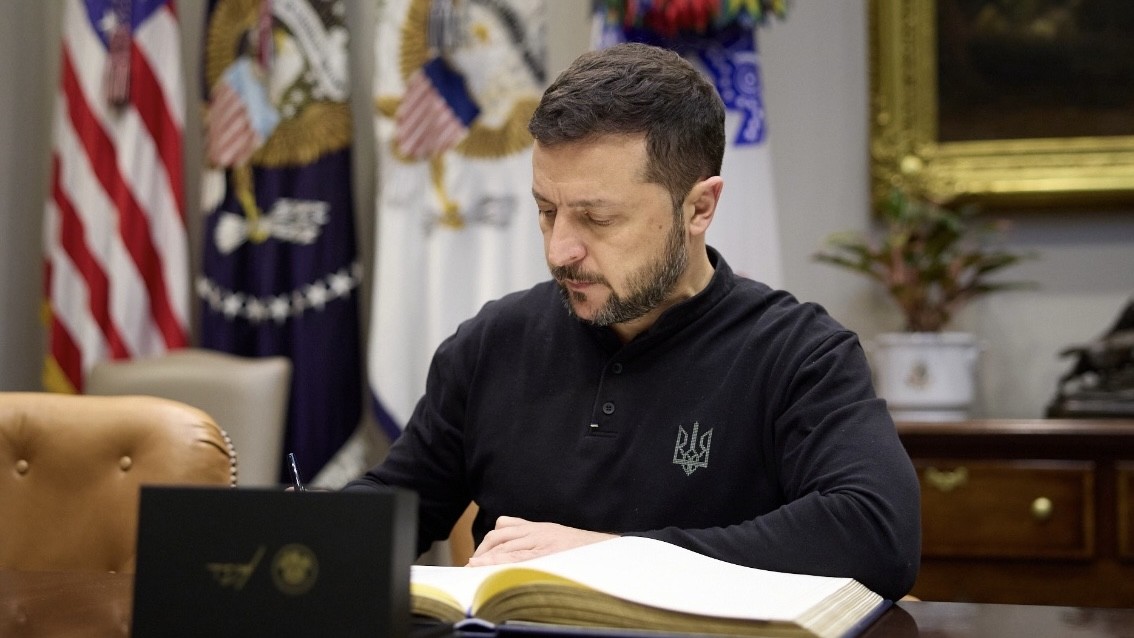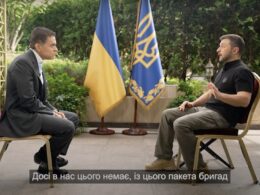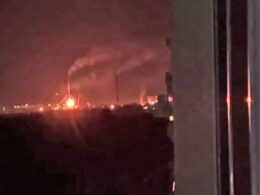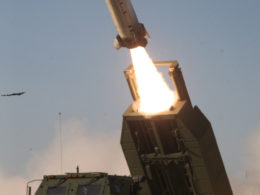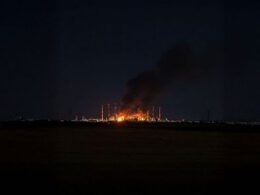Ukrainian President Volodymyr Zelensky's spokesperson, Serhii Nykyforov, asserted that American officials showed “great interest” in Ukraine's victory plan, contrary to some Western media reports.
During the Ukrainian delegation's recent US visit, President Zelenskyy presented the victory plan to a range of high-profile American figures, including President Biden, members of Congress, and presidential candidates Kamala Harris and Donald Trump. US Secretary of State Antony Blinken has confirmed that the administration is "carefully studying" the plan.
"Western media used various epithets: that the victory plan was received coolly, without enthusiasm, and skeptically. But this is all untrue. It was received with great interest,” Nykyforov said.
He added that the plan was received "constructively and taken into consideration" by US officials.
The spokesperson indicated that further developments regarding the plan are expected. He mentioned that US President Joe Biden intends to return with "some decisions and answers" on 12 October, coinciding with a meeting of the Ramstein Contact Group at the leaders' level.
However, the Ukrainian official's positive portrayal contrasts with reports from some Western media outlets.
The Wall Street Journal reported that the US officials were skeptical of Ukrainian President Volodymyr Zelenskyy's “victory plan," which they see as lacking a clear path to defeat Russia. The plan reportedly focuses on acquiring more weapons and lifting restrictions on long-range missile use, which Western allies have been reluctant to approve due to fears of escalation with Russia.
While the full details of the "victory plan" have not been publicly disclosed, the President's Office confirmed it includes proposals for Ukraine's NATO membership and commitments from the US for ongoing supplies of advanced weaponry.
Amid Russia's steady advances in eastern Ukraine and relentless attacks on energy infrastructure, Western countries like the US and UK still don’t allow Ukraine to use long-range weapons for strikes deep inside Russia to avoid NATO’s direct involvement in the war.
Related:
- Ukraine’s NATO invitation part of Zelenskyy’s Victory Plan, his office confirms
- Zelenskyy after US visit: “Victory Plan presented, all key issues on partners’ table”
- The real problem with Zelenskyy’s victory plan
- Kremlin willing to study Zelenskyy’s victory plan only if published from “official sources”

